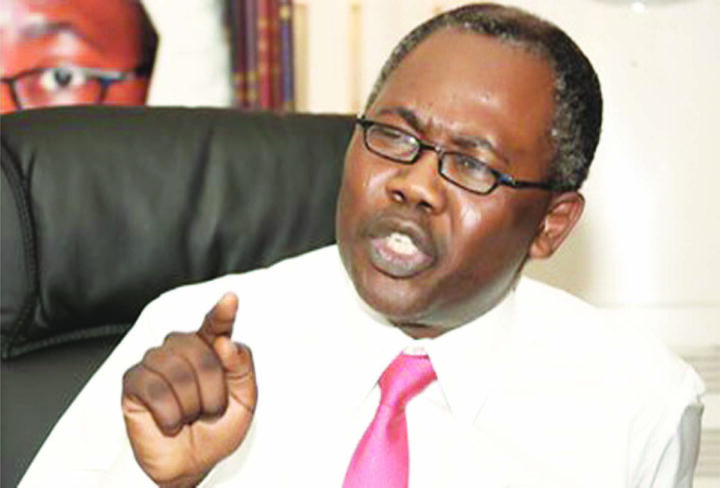Akinwunmi Ambode, governor of Lagos state, on Friday, queried the inclusion of land use and NYSC acts in the 1999 constitution.
He urged the national assembly to identify address such provisions in the constitution that have become “stumbling blocks” to true federalism in the country.
The governor was speaking at a retreat which members of the senate and house of representatives committees on the review of the 1999 constitution held in Lagos.
He cited other issues to be considered by the committees to include devolution of powers, Code of Conduct Act, state policing as well as a review of the revenue allocation formula.
Advertisement
The governor said this was necessary for the country’s quest to fully realise its potentials in all sectors of the economy.
“Why does the federal government hold legislative and executive powers on matters of local concern which over-stretch its administrative and supervisory abilities,” he asked.
“Should we not have a sharing formula that ensures that states and local government councils are empowered to discharge their constitutional responsibilities? We need to be truthful and frank about fiscal federalism.
Advertisement
“Should the constitution not confer power on state houses of assembly to establish state police, with clear jurisdiction and well-articulated protocols for the regulation of its relationship with the federal police?”
The governor also described the operation of a land registry by the federal government in Lagos as “an aberration.”
He added that the proposed stamp duty bill presently before the national assembly would “cripple internally generated revenue due to the states.”
“It is a grave threat to the principles of fiscal federalism,” he said.
Advertisement
“As representatives of the true beneficiaries of the act, as it presently stands, there is need to put an urgent end to its further coordination by the national assembly, which also has the noble tradition that once a matter is before the court, all activities on the matter will be suspended.”
Add a comment







